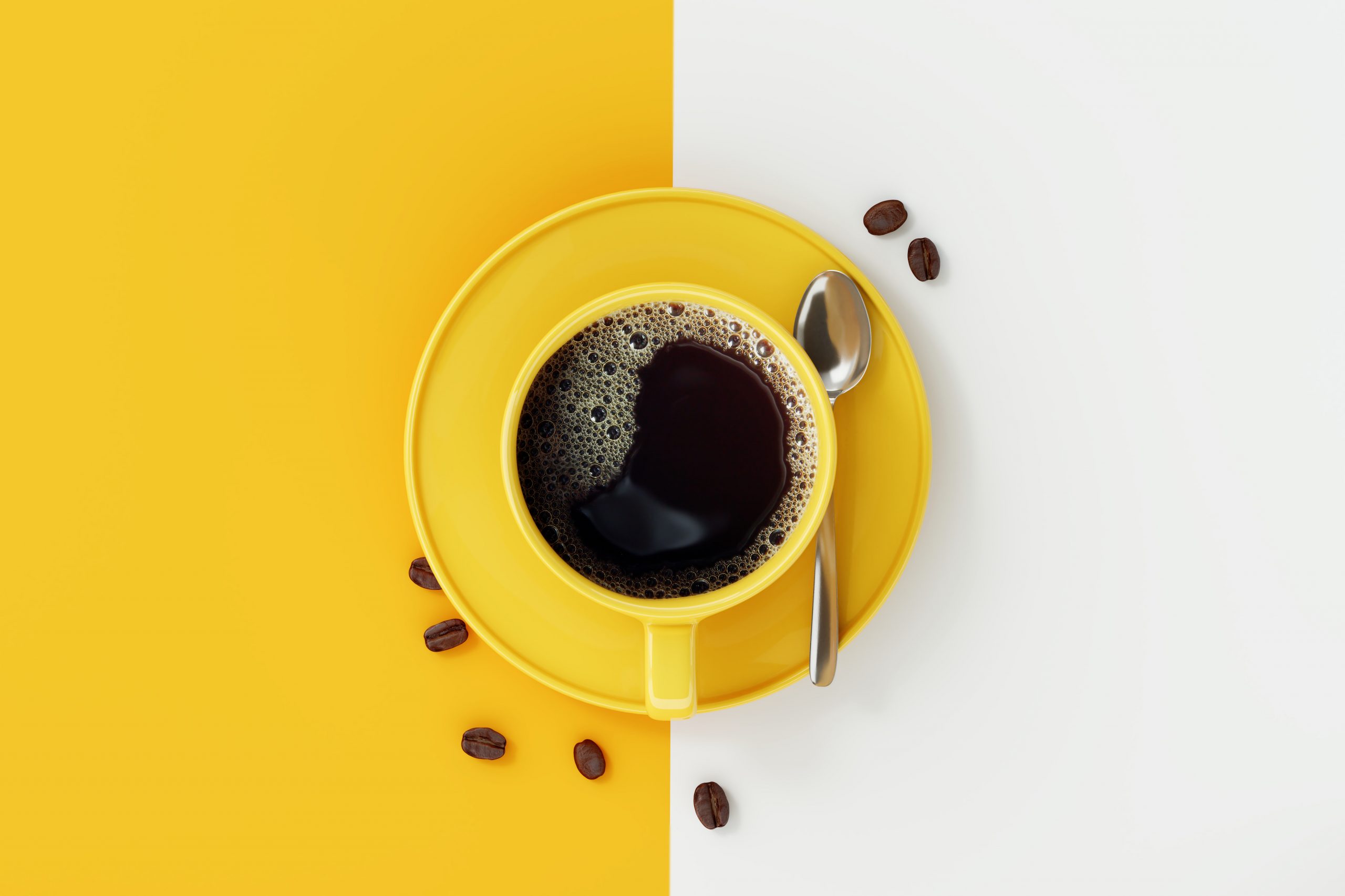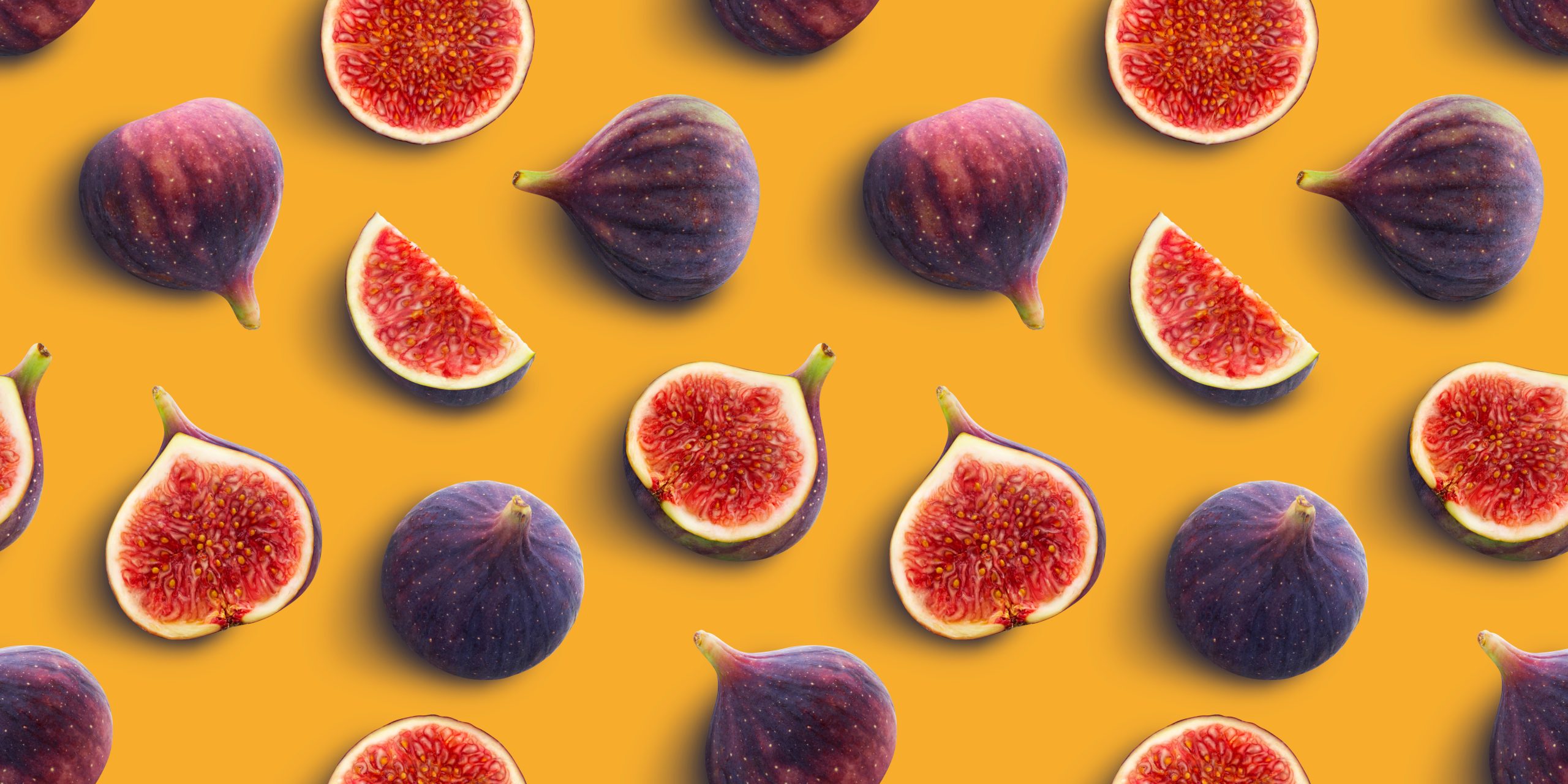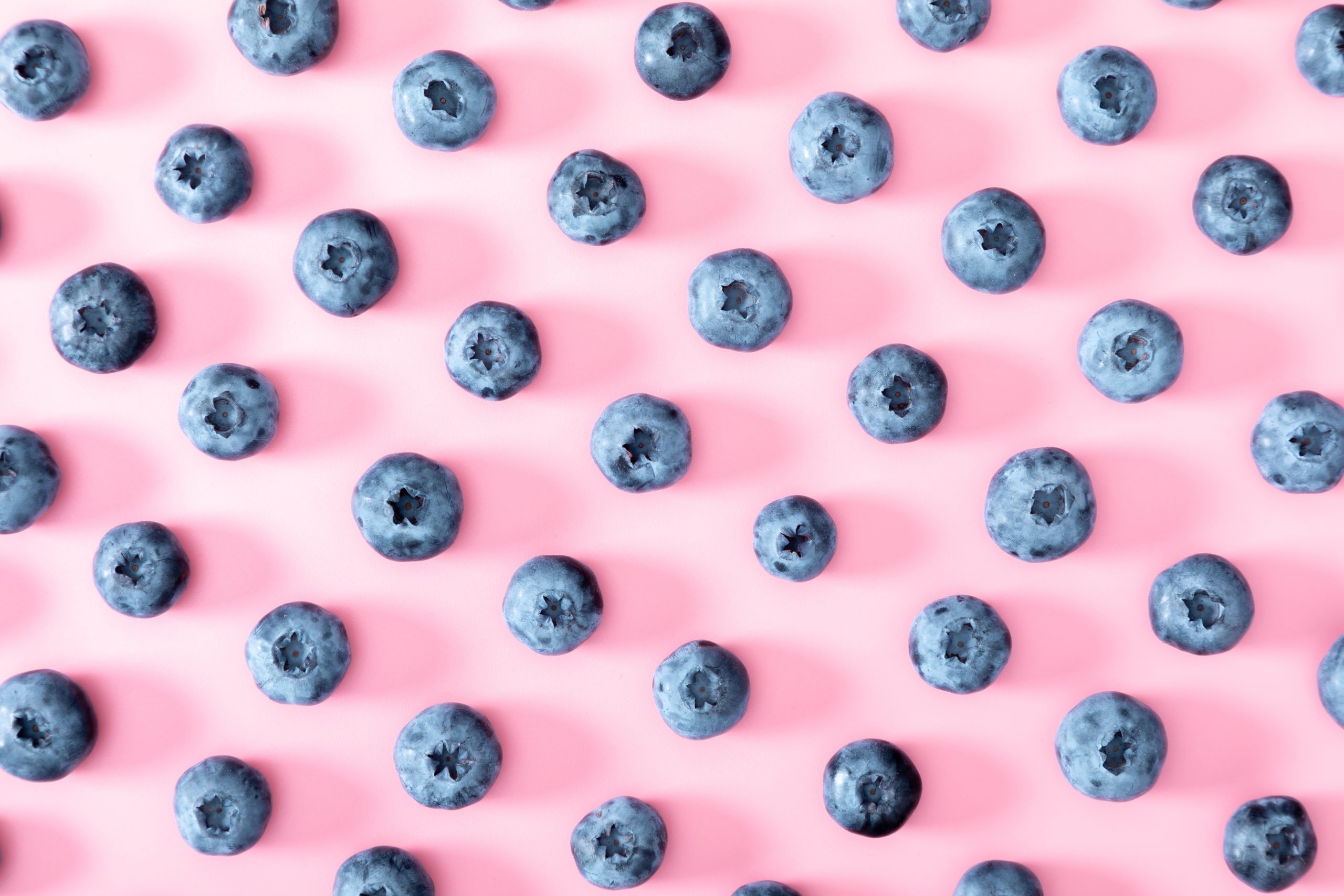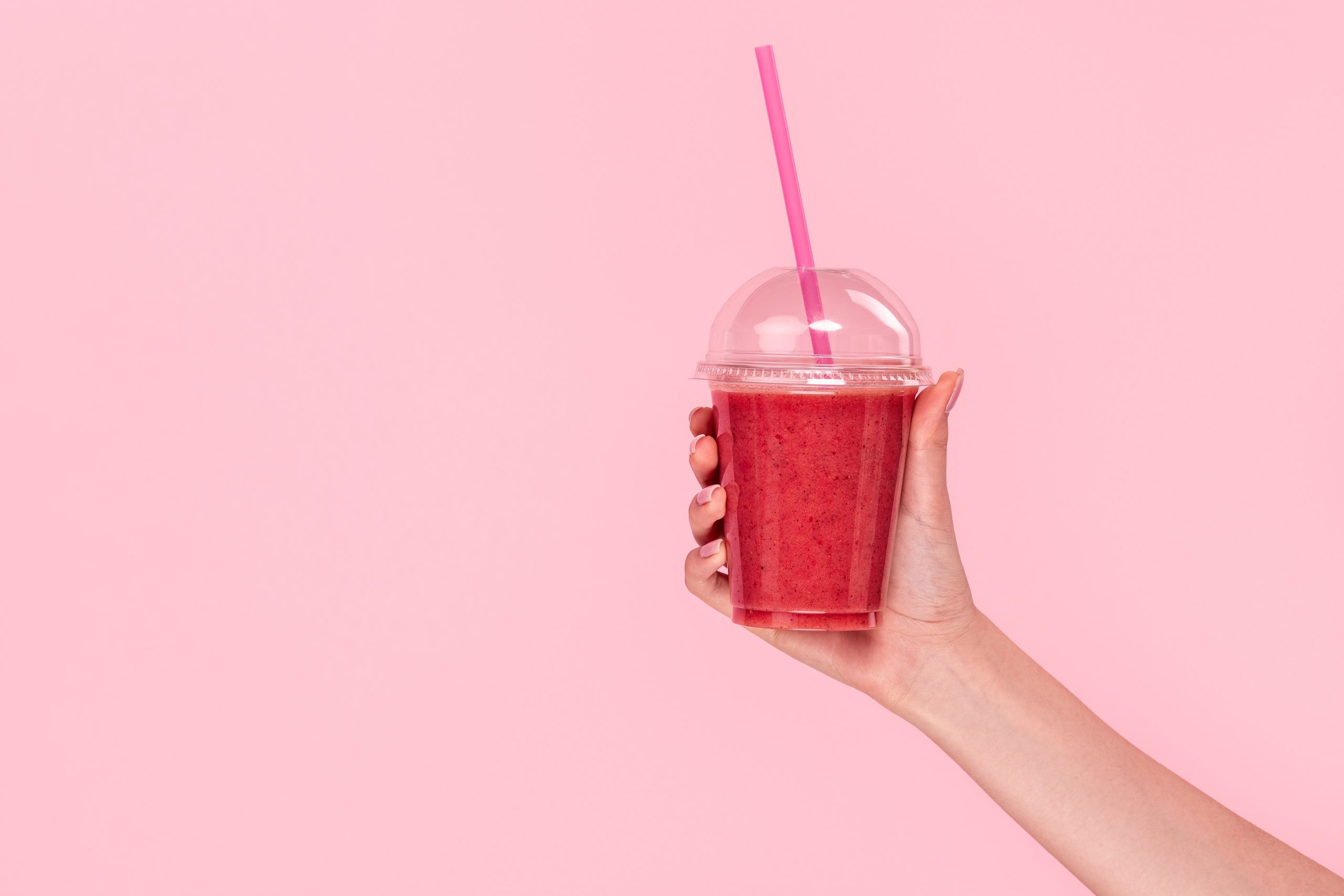During the busy exam season, keeping your energy levels up throughout the day is a must. Which is why many of us turn to caffeine as a solution to stay alert and focused during times of intense mental work.
Sarah Dalman, a 5th year dietetics student at UBC, talks about the impact of caffeine, and why it may not always be the best way to stay energized during your long study sessions.
Oh, caffeine! It can definitely help you wake up in the morning, stay awake in the evening, and increase mental alertness and cognitive functioning1, which is why it’s such a staple during exam season. That being said, too much caffeine can cause:
- jitters
- nervousness
- stress, and
- stomach upset2
... none of which are particularly helpful while studying or writing exams! We also know that even one cup of coffee (or the equivalent amount of caffeine from tea, pop or energy drinks) can impact our sleep, making it harder to fall asleep, and have a full and restful night3. The daily recommended amount of caffeine is no more than 400mg per day4. This is equivalent to 2 small (12oz) cups of drip coffee. Remember that caffeine can also be found in tea, energy drinks, soft drinks, and chocolate – just to name a few – so don’t forget to include these foods and drinks when considering your total daily caffeine intake.
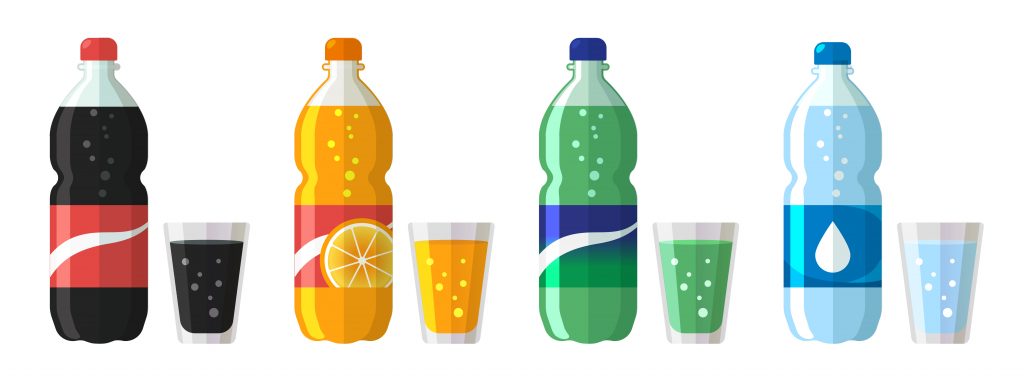
So how can we keep our energy levels up with less caffeine?
1. Eat often and eat enough

Food is our main source of fuel so it’s important that you eat enough to stay energized throughout the day. Don’t skip meals, and be sure to incorporate snacks into your day to fuel your body, brain, and muscles. Some examples of well-balanced breakfasts that will keep you energized include Greek yogurt with berries and muesli, or a filling smoothie. For lunch or dinner try chilli with beans, or an egg-based dish like a frittata.
2. Don’t skip the carbohydrates
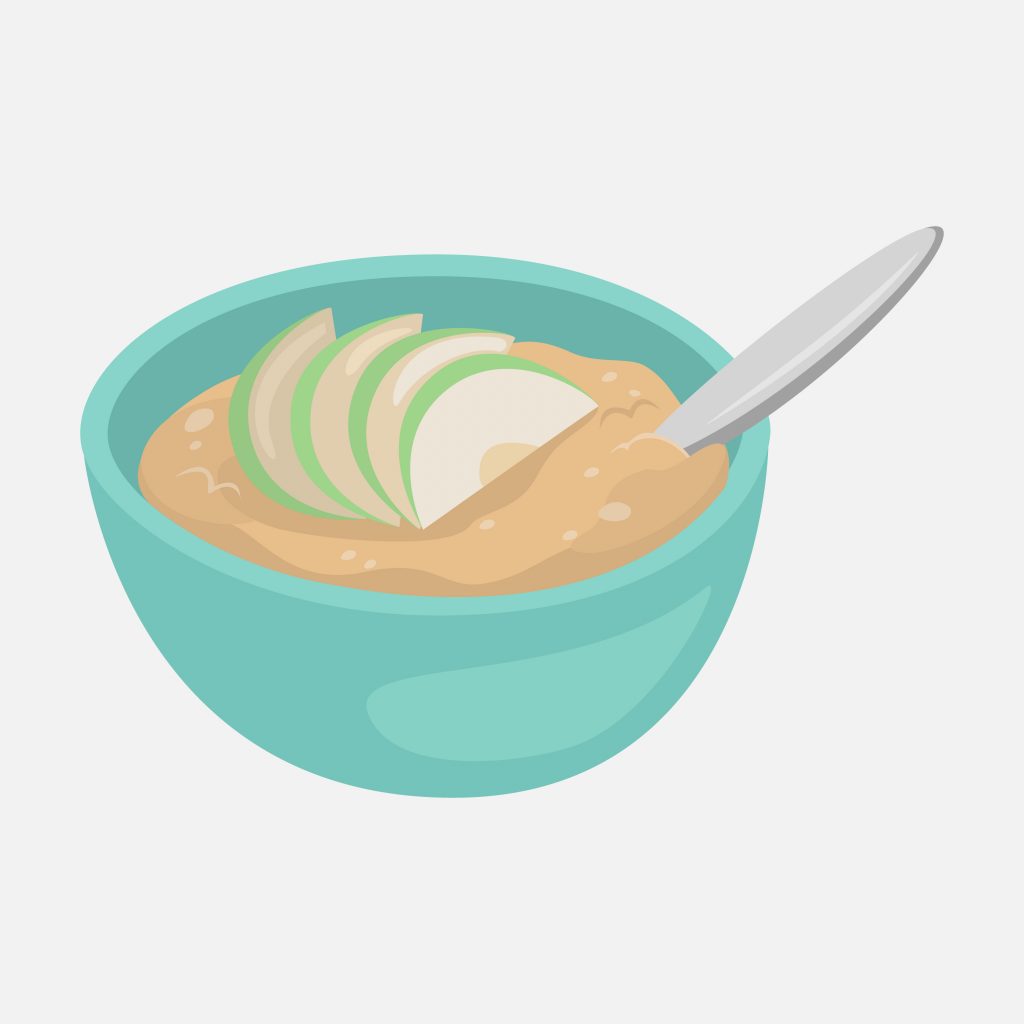
Carbohydrates get digested into glucose, which is the main source of fuel for our bodies and our brains. If you want to keep your brain working and alert include a source of carbohydrates with every meal. Try to pick carbohydrates that are high in fibre to slow your digestion and give you a steady release of energy. Some examples of high-fibre carbohydrates include oatmeal, bananas, whole wheat bread, sweet potatoes, or berries.
3. Get active

If you’re feeling unfocused or drowsy a great way to combat this is to get moving. Getting your blood flowing by going for a quick walk can help with your focus and attention. Bonus points if you can get outside, because the fresh air and sunshine can help with your alertness.
4. Choose water as your drink of choice
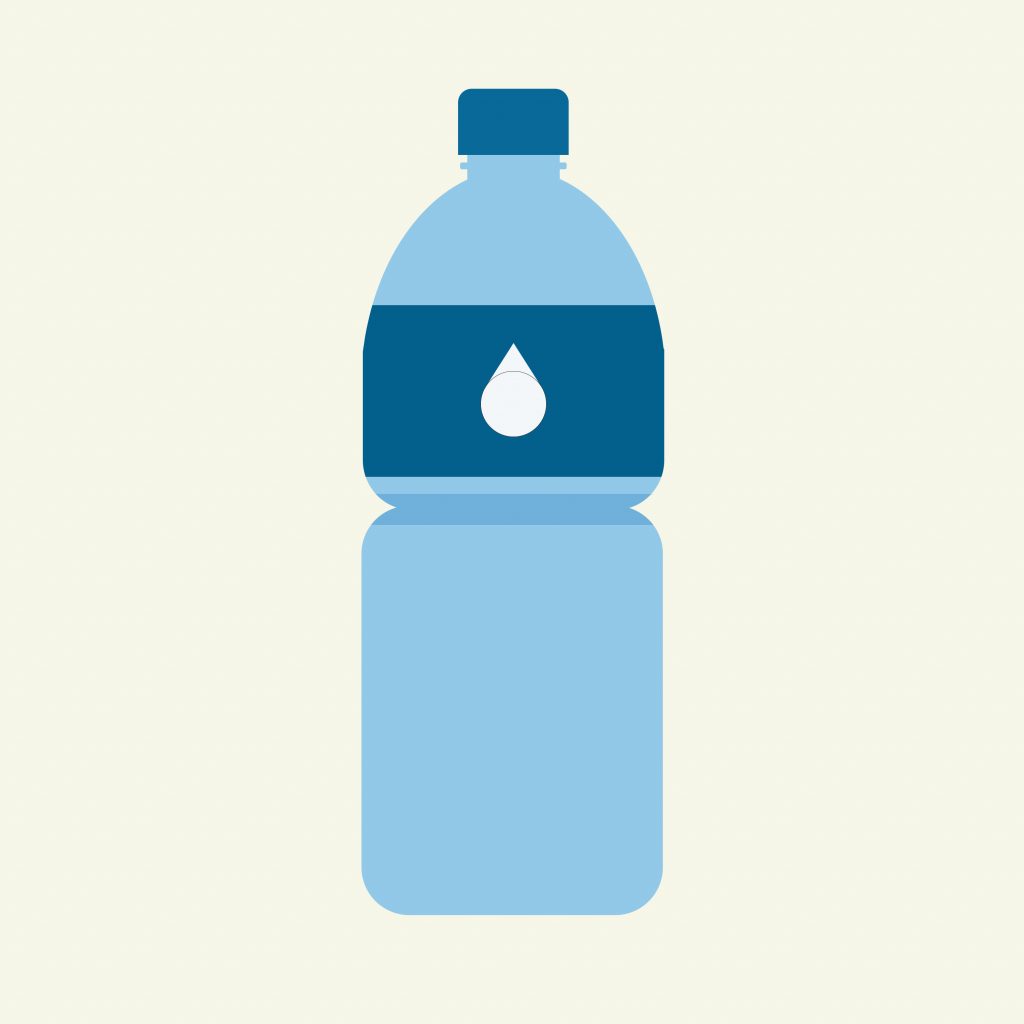
Dehydration can make you feel fatigued so make sure you’re getting enough fluid in the day. Try to avoid energy drinks and soft drinks that are high in sugar because they cause blood sugar spikes giving you a short burst of energy followed by a crash. Add flavour by trying infused water!
And remember
If caffeine is already a staple in your diet, try to consume it in moderation, especially during this busy exam season. Use the above tips as ways to keep your energy levels up throughout the day without needing to increase your coffee intake.
References
- Glade MJ. Caffeine-Not just a stimulant. Nutrition. 2010 Oct [cited 2021 Mar 30];26(10):932-8. Abstract available from: https://www-ncbi-nlm-nih-gov.ezproxy.library.ubc.ca/pubmed/20888549
- Reissig CJ, Strain EC, Griffiths RR. Caffeinated energy drinks--a growing problem. Drug Alcohol Depend. 2009 Jan 1 [cited 2021 Mar 30];99(1-3):1-10. Abstract available from: https://www-ncbi-nlm-nih-gov.ezproxy.library.ubc.ca/pubmed/18809264
- Roehrs T, Roth T. Caffeine: sleep and daytime sleepiness. Sleep Med Rev. 2008 Apr [cited 2021 Mar 30];12(2):153-62. Epub 2007 Oct 18. Abstract available from: https://www-ncbi-nlm-nih-gov.ezproxy.library.ubc.ca/pubmed/17950009
- Nawrot, P, Jordan S, Eastwood J, Rotstein J, Hugenholtz A, Feeley M. Effects of caffeine on human health. Food Addit Contam. 2003 [cited 2021 Mar 30] 5:20(1):1-30. Abstract available from: https://www-ncbi-nlm-nih-gov.ezproxy.library.ubc.ca/pubmed/12519715

Sarah Dalman is a 5th year dietetics student at UBC whose interest is in nutrition, science, and using evidence-based practices to promote good health has led her to pursue a career in dietetics. She is passionate about empowering others to use food as a vehicle to support overall physical and mental health.
